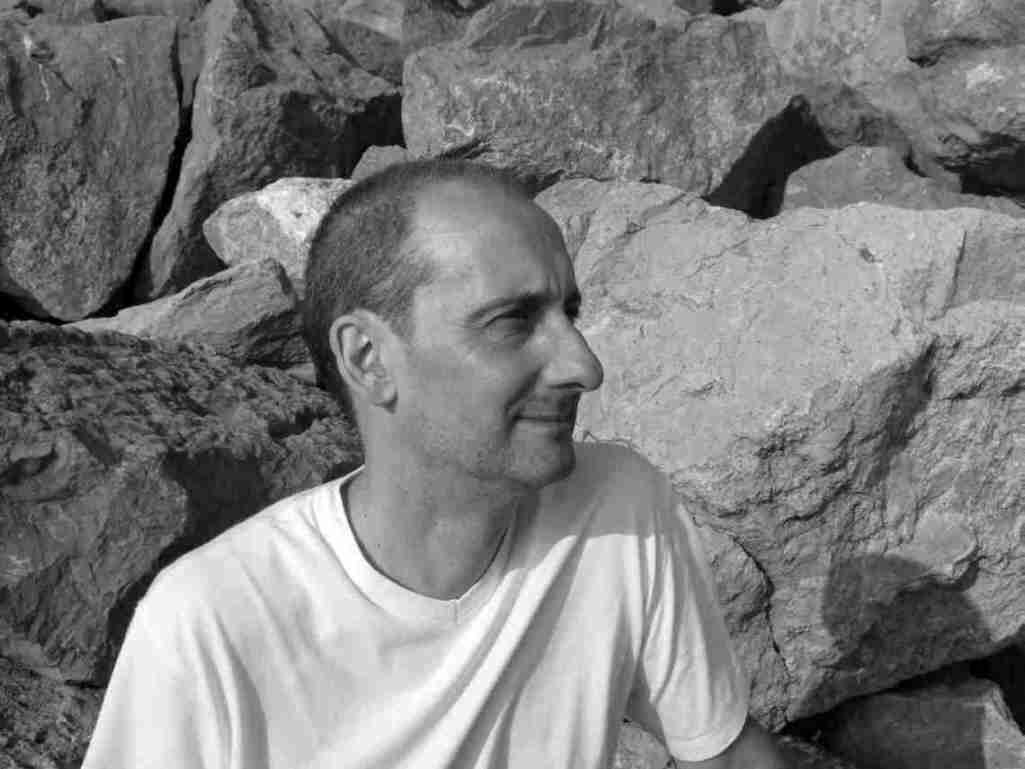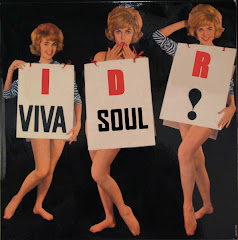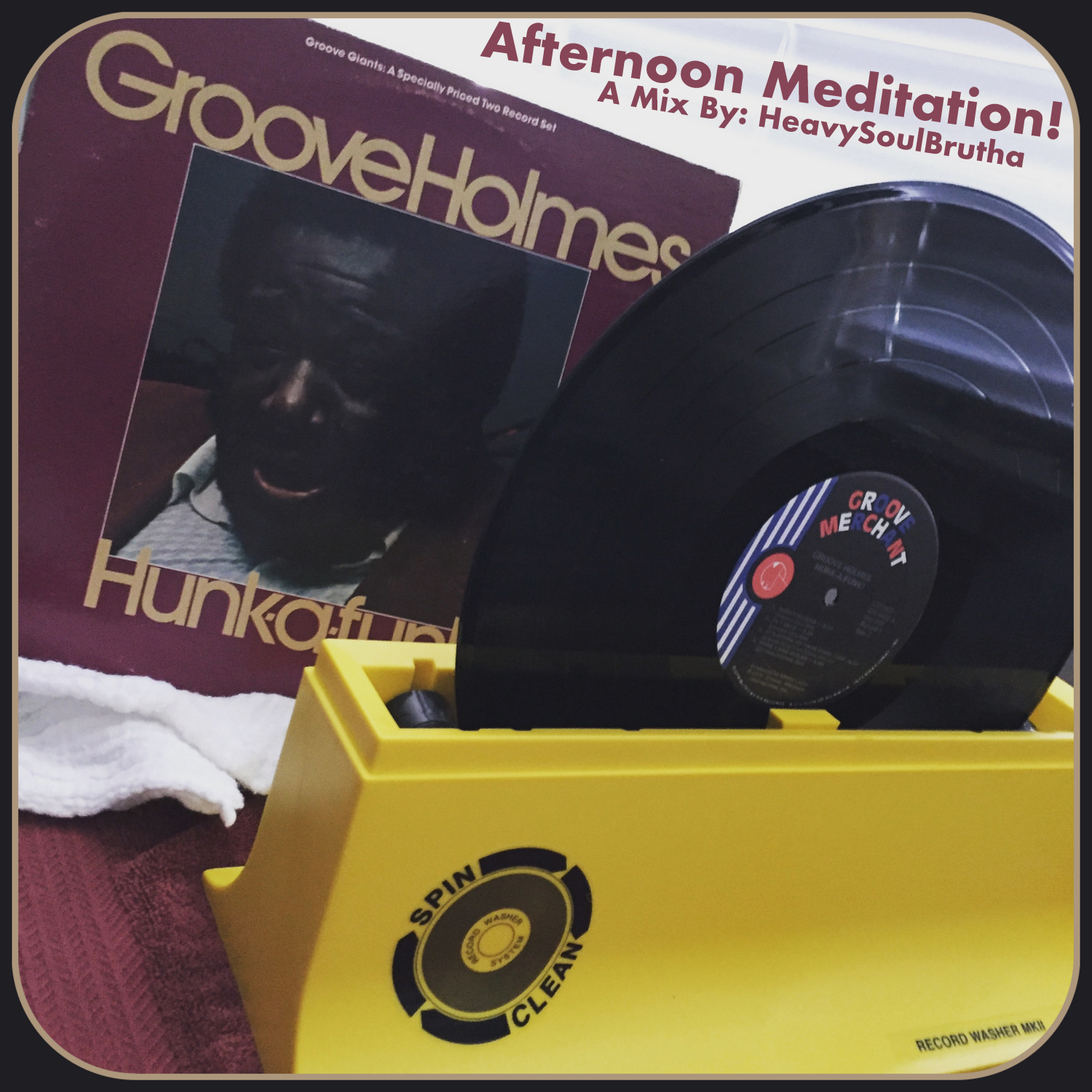
There seems to be an seemingly unending supply of music to keep us going and Numero Uno have certainly sustained us over the last year or so. Here they come again with a remarkable album from Boscoe.
Chicago’s South Side was the absolute epicenter of African-American creativity. In any other city, at any other time, they might’ve been a monstrously important band, but in the early 1970s, Boscoe was lost in the flurry of acts exploding musical genres to form “Great Black Music.” While the Art Ensemble of Chicago, Sun Ra’s Arkestra and Phil Cohran’s Artistic Heritage Ensemble led the charge away from mainstream culture, past the borders and boundaries of commercial music, Boscoe’s lone album was denied inclusion into the canon of Great Black Music only by its obscurity. An outsider even in an outsider subculture.
Their local pedigree was impressive. To the locals. The first incarnation of the band, known as From The Womb To The Tomb, backed a host of Chicago-based acts including Little Johnny Williams, Glenda Dove, the Five Wagers, Little Oscar, the Sequins, Johnny Moore, the Norfleets, and Ruby Andrews. In In addition to a lengthy residency at the Green Bunny Lounge, Boscoe gigged 3 to 4 nights a week at The Mark IV, The Burning Spear, Bill Street, Peyton Place, and Guys and Dolls. And whenever they played the High Chapparal, crowds could well expect cameos from the likes of Garland Green, Tyrone Davis, or Syl Johnson.
Thankfully, the band would finally commit to tapelive in the studio—the original material they had carefully honed in performance. A quick and thrifty approach, the result. Boscoe, is a vibrant document of an explosive live act at their peak. Boscoe’s raw immediacy is undiminished by studio polish or perfectionism, yet every bass run booms, every vocal rumbles in just the proper manner. Before Side A is half over, we’re witness to the invocation of death, a war for peace that black America is destined to fight, Malcolm X's violent passing, brains already in the grave, God's damning of us all, and a glib parody of "The Star Spangled Banner," all served up in a crawling funk fusion as eager to blast us awake with harsh words as it is with insistent horns.
The Art Ensemble Of Chicago and Sun Ra’s Arkestra continued performing and repackaging their music in America even after their members and leaders passed on. Boscoe’s fate, however, lay on the other side of the world. As copies of the LP trickled out to Japan, word of mouth spread, positioning Boscoe as a Holy Grail. But for the members of Boscoe, the renewed interest in their unique art comes as no surprise. They didn’t record an album for just one time or place, or even one skin color. Boscoe was intended as a wake up call, a ticking clock about to ring that can be ignored no longer. The rediscovery of Boscoe’s music was less simple than that of their peers.
Art Ensemble Of Chicago and Sun Ra’s Arkestra saw a major resurgence of interest in the 1990s and have continued performing and repackaging their music even as members and leaders have passed on. Across the Atlantic, the rare groove scene would embrace Phil Cohran’s Artistic Heritage Ensemble and the Pharaohs, sparking several high-profile reissues. Boscoe’s fate, however, lay on the other side of the Pacific. As copies of the LP trickled out to Japan, word of mouth spread, positioning Boscoe as a sort of Holy Grail for the genre. In 2001 Jamie Hodge began the process of researching the album for release on his Aestuarium label. Half a decade later, this reissue is built on the back of his work. For the members of Boscoe, the resurgent interest in their art comes as no surprise. They didn’t record an album for just one time or place, or even one skin color. Boscoe was intended as a wake up call, a ringing phone that can be ignored no longer. Numero Uno
 One of the hippest records ever to come out of Chicago -- the sole recording by Boscoe, a group who was even more obscure and experimental than contemporaries like The Pharoahs or Artistic Heritage Ensemble! Like those groups, Boscoe has a very unique, very visionary approach -- one that's not content just to echo the standard post-Coltrane modes that other spiritual jazz groups around the country were hitting -- but which instead moves into territory that touches on the darker sides of funk, soul, and spoken word of the time -- all with a message that's incredibly powerful, and conception that's wonderfully fresh throughout! The group's lineup features tenor, trumpet, trombone, guitar, bass, and drums -- but they way they're put together is often far different than other funky combos -- and it's clear that the group had as much of a sensibility about the overall sound of their record as they did their freer grooves.
One of the hippest records ever to come out of Chicago -- the sole recording by Boscoe, a group who was even more obscure and experimental than contemporaries like The Pharoahs or Artistic Heritage Ensemble! Like those groups, Boscoe has a very unique, very visionary approach -- one that's not content just to echo the standard post-Coltrane modes that other spiritual jazz groups around the country were hitting -- but which instead moves into territory that touches on the darker sides of funk, soul, and spoken word of the time -- all with a message that's incredibly powerful, and conception that's wonderfully fresh throughout! The group's lineup features tenor, trumpet, trombone, guitar, bass, and drums -- but they way they're put together is often far different than other funky combos -- and it's clear that the group had as much of a sensibility about the overall sound of their record as they did their freer grooves. At times, there's a righteousness here that recalls the best of the early Westbound Records scene from Detroit -- but there's an even higher agenda too, which is more in keeping with the spiritual aspriations of their Chicago contemporaries, and which really show up in the lyrics. The whole album's a masterpiece from start to finish -- unlike anything that we can think of, still ripe for rediscovery today, and just the kind of set that makes us prouder than ever of our Chicago heritage! Titles include "We Ain't Free", "Money Won't Save You", "Now and Den", "He Keeps You", "I'm What You Need", and "Writin' On The Wall". (Amazing gatefold reissue -- heavy vinyl, heavy cover, and with all the notes of the CD!) Dusty Groove















































No comments:
Post a Comment